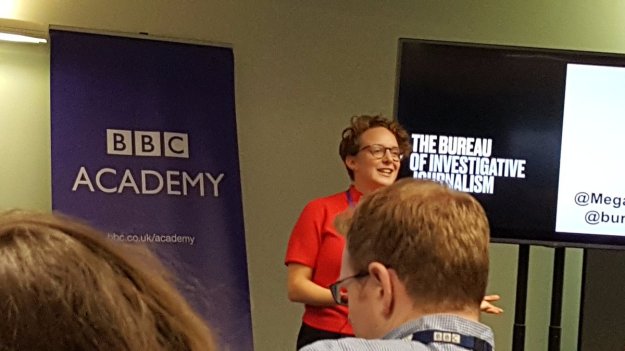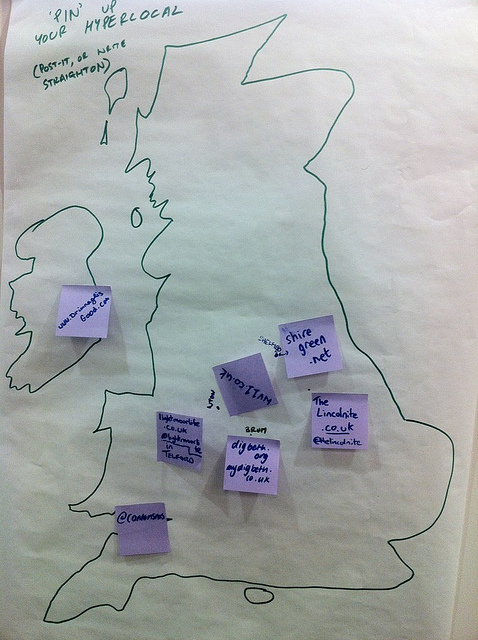
Emma Youle speaking at the Data Journalism UK conference in 2017 – photo by Wan Ulfa Nur Zuhra
As Archant’s award-winning Emma Youle announces she is to leave local newspapers to join Huffington Post UK as a special correspondent. Victoria Oliveres spoke to the investigative journalist about setting up local investigations, using data, and campaigning.
If you’ve looked at any UK journalism awards ceremony in the last few years, chances are you will have seen Emma Youle’s name: winner of the Private Eye Paul Foot Award in 2017, and the Weekly Reporter of the Year at Regional Press Awards 2016, she has also been shortlisted in many others, largely for her approach to showing the impact of national decisions at local level.
This success has come after a career of over a decade in journalism, including the last three years as part of Archant‘s investigations unit, where she uncovered in-depth stories from London boroughs.
Setting up local investigations
The unit was set up in 2015, which Youle considers to be quite pioneering at the time.
“I think local newspapers are one of the best places to do in depth investigations because they are very well connected to the community,” Emma says. Continue reading




